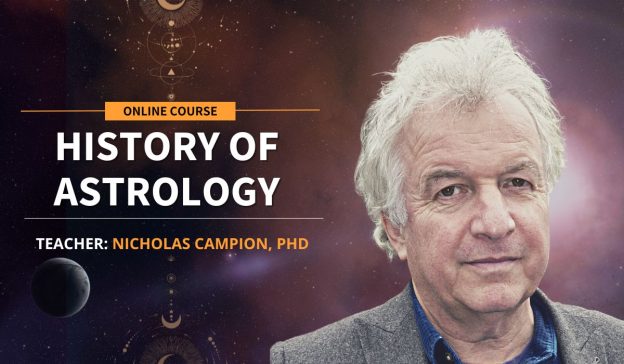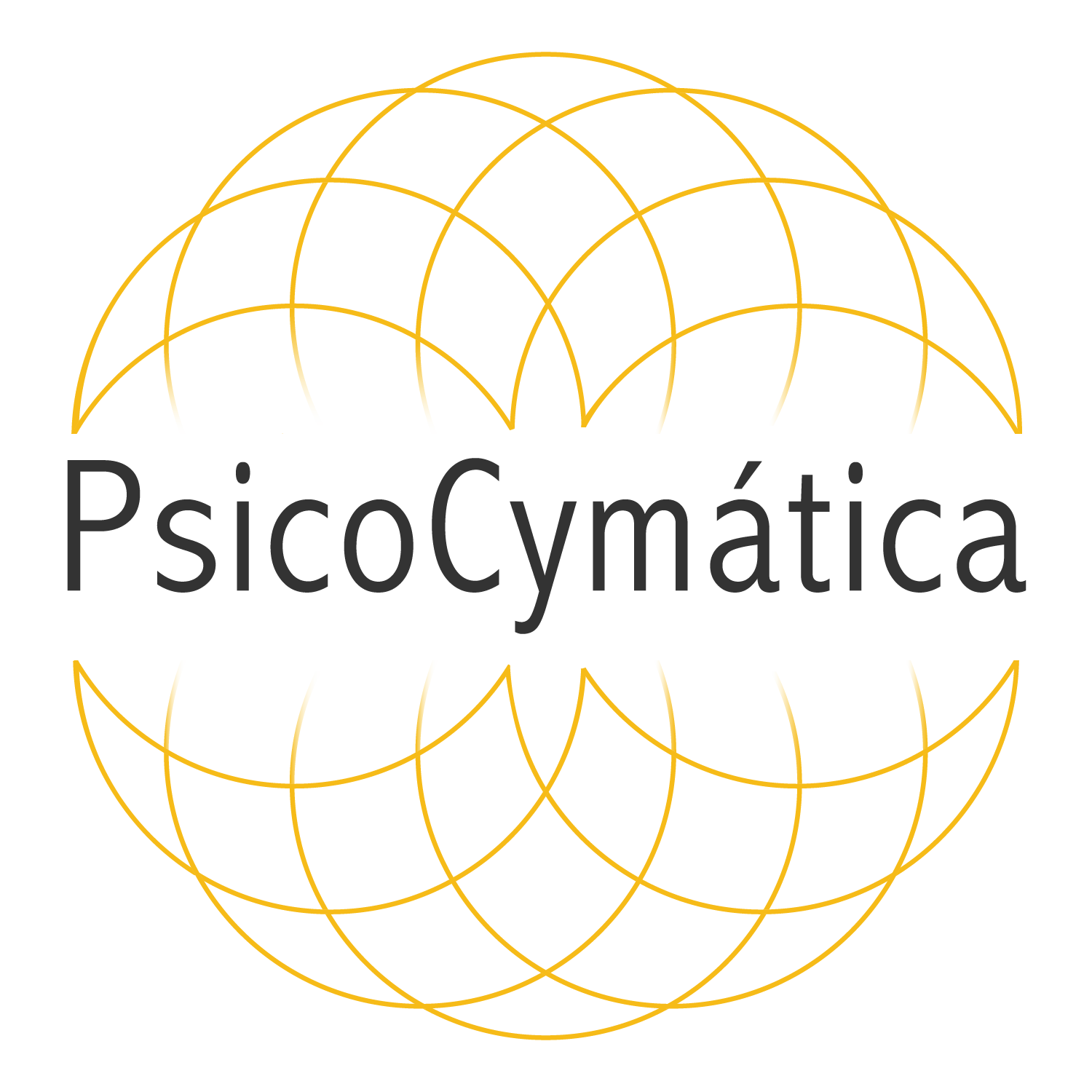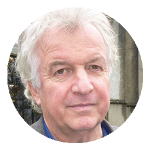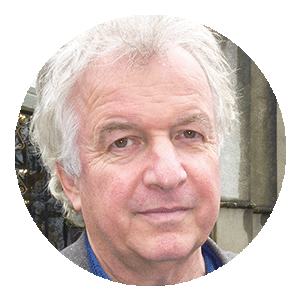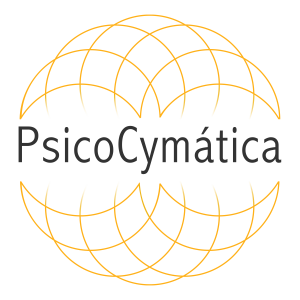
History of Astrology
History of Astrology
- Teacher: Nicholas Campion, PhD
- Methodology: live classes (by Zoom) in original English with simultaneous translation into Spanish. You can choose to listen to the original audio or the audio translation.
- Duration: 1 month (4 live classes of 2 hours each per week)
- Start: 9 November
- Time: Thursday at 18h (Spain time)
Calculate the schedule for your location by clicking here.
€97*
€97
*You will be able to pay in 3 installments of €34 (the option appears at checkout)
Astrology is the ancient practice by which people relate phenomena in the sky to affairs on Earth, including their own lives. It is a global phenomenon which has some presence in every human culture, and we need to know about its history because we need to understand its role in today’s world.
This four-week course will introduce key themes and topics in the history of astrology with a focus on the tradition which leads to the modern west. Each week will include key dates, theory, and a look at key horoscopes from the period in question.
General themes running through the course will include how astrology is used to manage the future and enhance personal freedom and the relationship between astrology and the soul and psyche.
Course books: Optional Reading
There is no required reading for the course but the syllabus broadly follows the text in Nicholas Campion’s two volume A History of Western Astrology, the standard work on the history of astrology, and his Astrology and Cosmology in the World’s Religions. Both are available for purchase via Amazon.
Syllabus
- Week 1: Origins in the Stone Age and Mesopotamia
We will begin by exploring the nature and scope of astrology, checking out some Stone Age origins, and then explore the earliest and most detailed documented tradition in ancient Mesopotamia – modern Iraq. From the earliest evidence, around 2000 BC, the Babylonian priests developed a model of astrology in which both regular patterns and apparently unique events in the sky formed a celestial code, a heavenly writing, by which the gods and goddesses could send omens, or warnings, to the king.
The king was advised on appropriate action by his priests, and performed rituals through which the future could be changed. We will look at the key meanings of the planets, the nature of divination, the use of magic and the earliest known attempt to scientifically correlate planetary movements with events on Earth. Finally, we will examine to the invention of the birth chart, of which the earliest known example dates to 410 BCE. With this a new theory of the self was developed in which the individual is intimately connected to the wider cosmic environment. All modern natal astrology is descended from the ideas embodied in this earliest chart.
Optional Reading:
- Nicholas Campion, A History of Western Astrology, Vol. 1, chapters 1-5.
- Nicholas Campion, Astrology and Cosmology in the World’s Religions, chapter 2.
- Week 2: The Cosmic State
This week we will move on to explore astrology in the classical Greek and Roman worlds. we will begin by a look at Egypt, which did not develop its own tradition of astrology, but contributed concepts of the divinity of the Sun and the power of the Moon to the Babylonian tradition, which it imported around the fifth century, BCE.
We will introduce the major philosophical developments in classical Greece which determined the different perspectives, according to which individuals and souls are related to the stars and planets, and the significance of these relationships, including ideas of freedom, fate and transcendence. The Greeks originated the idea that astrology could be either about who you are, or who you can become, concepts which still underpin modern natal astrology
We will look at a couple of examples of classical horoscopes, and also consider parallel developments in India, which adopted the technical structure of horoscopic interpretation from the Greek world, and adapted it to Hinduism. We will introduce Chinese astrology, which had some contact with Greece via India and Persia, but also developed its own completely separate tradition.
Optional Reading:
- Nicholas Campion, A History of Western Astrology, Vol. 1, chapters 6-7, 9-14, 16.
- Nicholas Campion, Astrology and Cosmology in the World’s Religions, chapter 8, 9, 10.
- Week 3: A Universe of Meaning
This week we will introduce the key Jewish and Persian texts in and about astrology. We will look at key developments in astrology including the theory of Jupiter-Saturn cycles and great ages. Our sample horoscope will be the chart for the foundation of Baghdad, one of the greatest examples of an elected horoscope. We will also introduce the Emerald Tablet of Hermes Trismegistus, which contains the famous words ‘as above, so below’, perhaps the best-known justification for astrology.
In the second part of the class, we will look at developments in mediaeval and Renaissance Europe, in which there was a two-fold phase of translation of key texts from the classical world. We will look at the ways in which theories of the soul shaped the kinds of discussions which astrologers could have about fate, freedom and salvation. We will look at sample horoscopes from Guido Bonatti, William Lilly and the alchemist Elias Ashmole.
Optional Reading:
- Nicholas Campion, A History of Western Astrology, Vol. 1, chapters 8, 15, 17, Vol. 2, chapters 1-11.
- Nicholas Campion, Astrology and Cosmology in the World’s Religions, chapter 15.
- Week 4: The Astrological Self
The final week brings this up to the present day. We will introduce the key themes in modern astrology, including Theosophical concepts of the soul and reincarnation, the introduction of Jungian psychology and archetypal theory, the development of psychological astrology as epitomised by Dane Rudhyar and Liz Greene, the use of myth to develop astrological meaning, scientific research into astrology, especially the work of Michel Gauquelin, and the recovery of traditional and Hellenistic techniques since the 1980s.
Key issues we will introduce include astrological ideas of the self, whether the individual is in the birth chart, the relationship between modern practice and ancient ideas, and how we can judge whether astrology is true. We will conclude with some final reflections about the state of astrology today.
Optional Reading:
- Nicholas Campion, A History of Western Astrology, Vol. 2, chapters 14-20.
- Nicholas Campion, Astrology and Cosmology in the World’s Religions, chapter 16.
Nicholas Campion, PhD
Is Programme Director of the MA in Cultural Astronomy and Astrology at the University of Wales Trinity Saint David, UK, the only academic programme in the world to explore the history, culture and philosophy of the human engagement with the sky, planets and stars.
By purchasing the course you will get:
6 months access
100% online
Online methodology:
When you register for the webinar we will send you an email with access instructions both on the day of the live webinar and on the day of the recorded webinar. Please check your spam folder if you do not find it in your inbox.
Registering for this webinar gives you the right to participate live as well as access to the video recording for 6 months.
Live webinars are conducted through Zoom.
The recording of the class will be available on the PsicoCymática Web Platform 24/48 hours after the seminar is over and you will be able to access it by logging into our platform.
During the online seminars you can interact with the teacher and other students live as in a face-to-face seminar. You can also participate from anywhere in the world and connect with people from different places with whom you share interests.
Note: all seminars are recorded by PsicoCymática and only available on our educational platform. By participating in the seminar you allow PsicoCymática to record and sell the conference in which you have participated.
Frequently Asked Questions:
Click on the "Sign me up" button. Choose your preferred currency and follow the instructions.
If the seminar or course you have enrolled in is live, you must enter your student data with the corresponding day and time and you will find the access to the live class.
If the seminar or course you have registered for is on demand, you will have immediate access once you finalize the payment and registration. To do so, you will have to enter the PsicoCymática Educational Platform with your student data and you will see the content in your account.
When you register for the first time in a PsicoCymática seminar or course, you have created your student account. Use the same data with which you registered to Login to the PsicoCymática Educational Platform.
Below the username and password fields on the Login page (Inicio de Sesión), you will find a Forgot Password link (Olvidé mi contraseña). Click there and follow the steps. You will receive a recovery email. Please check your Spam folder if you don't find it in your Inbox.
All persons have access to the course or seminar for which they have registered for 6 months from the date of purchase.
Yes, all courses and seminars taught in Spanish are conducted live and recorded. Within 48 hours after the live class is over, you will be able to watch it by logging into the Educational Platform with your user data.
Any doubts?
You can contact us by filling out the form below:
Docente
PsicoCymática | Escuela
22 Cursos
